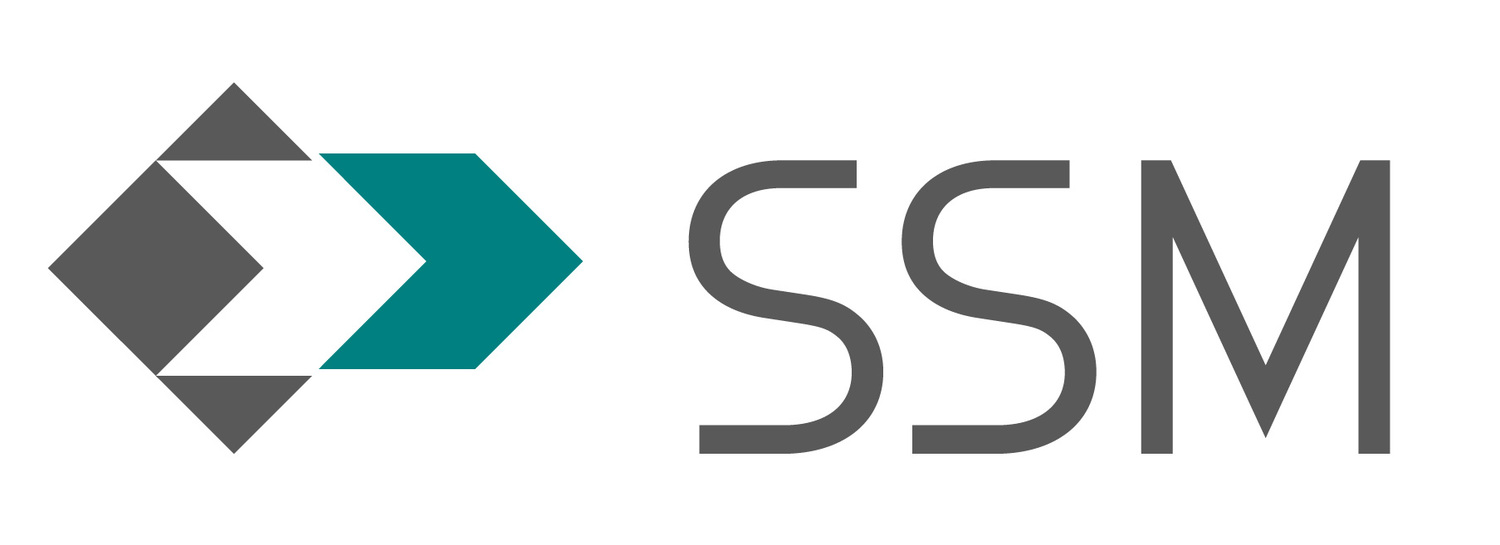Back to Basics 101: Focus on the Core
/Every organization has a core; the primary area or activity on which the organization was founded. And the most successful organizations focus their efforts on that core business, deliberately culling the tasks from their day-to-day operations that are detracting from that focus. As a result, more and more organizations are realizing the benefits of expanded consultant relationships for those projects, tasks or activities that are outside of their core area.
Hiring a Consultant
- Manpower - Resources are limited. Organizations must balance people resources and associated expenses, capital expenditures, and investments in growth with day-to-day operations. Sometimes all you need is some extra horsepower to complete a task. A consultant adds to the size of your staff without adding the long-term commitment of a new hire.
- Expertise - Sometimes the project requires some specialized expertise. It makes sense to bring in a consultant rather than investing in developing the expertise in-house, especially if the project is not a regular focus area for the organization.
- Perspective – When an organization needs an objective third party to help with a challenging situation or maybe a fresh set of eyes on the problem, consultants offer a new way of looking at the situation. Organizations use this resource to facilitate new ideas and share insights based on other similar experiences.
Selecting a Consultant
One of the most important elements of a successful consultant relationship is setting clear expectations at the beginning of the process.
- Task - Define the task by establishing the goals and describe the desired outcome. Simply answer the question, “What do we want the consultant to do?”
- Schedule - Establish a timeframe for the project. Whether the project is a few weeks or a few years in duration, it’s important to have an expectation of milestones and completion dates to measure progress.
- Skills - Define the skill set and experience that the consultant must have to be successful on your project.
- References – Don’t forget to ask for references from other clients that are similar to you in terms of project assignment, industry and size.
- Relationship - How will you and the consultant work together? Identify the parameters for the working relationship and what support the consultant needs from the organization.
- Decision Makers - Identify within the organization who the decision-makers are and who the stakeholders are. Be sure that both groups are involved in the selection process.

